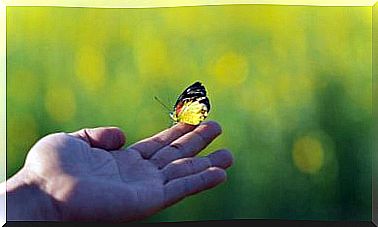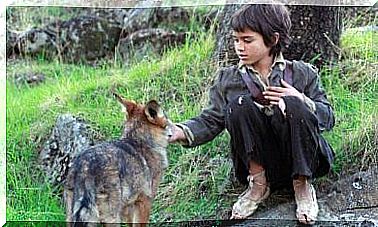Antispecism, A Proposal For Reflection And A Challenge For The Future
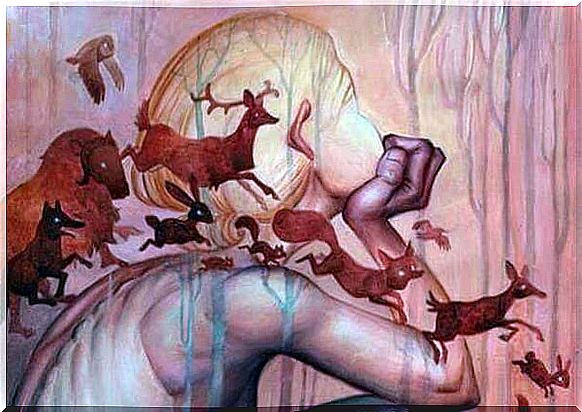
I always considered that the best mentality to live was a maxim that I had not invented but neither had anyone dictated to me: “live in such a way that you avoid making others suffer unnecessarily.” Enunciating it seems easy but as soon as you are careless, when thinking about this reflection, many annotations appear in the margins and explanatory asterisks at the bottom of the page.
Over time I learned that the best way not to harm others is not to do it to oneself and that others are not all that I a priori thought. I am part of a species, but not the only one that is part of this planet. Nobody made me appreciate that either, but I always had a tendency to see the primitive in the abusive consumption of meat, the despicable in the animal abuse and the totally uncivil in not taking care of the environment in which you live.
Therefore to say that antispeciesism or veganism is fashionable is a fallacy, because even those of us who do not practice it, but understand it, know that it has always existed. Perhaps without that repercussion at the media level, but with an impact in many communities. Antispeciesism has challenges and strengths, but above all it encourages a reflection that will impose our personal development.
Antispecism: union of environmental need, human ethics and social awareness
Until very recently we saw a steak on the table and we didn’t appreciate anything else. For many it is still there, but it seems to have lost innocuousness in sight. Personally, I did not manage to finish the documentary Earthlings, perhaps because I did not dare to assume that after knowing the brutality of some practices, I was still an invisible part but an accomplice of them.
Antispeciesism is not an imposing, moral and delusional attitude. Antispeciesism is the challenge of our time that appeals to our environmental conscience and reminds us that it is in our hands to cause the least possible damage to other living beings.
However, antispecism faces obvious challenges: delineating the limits that can lead to obscurantisms, the acceptance and understanding of multiple exceptions; which is the greatest virtue of human common sense. One way to understand this is Heinz’s dilemma, which is widely studied in psychology.
For example, if animal testing yielded a cure for a loved one’s illness… would you agree with it? In my case and in that of many others, the answer is clear, which does not minimize the desire for this experimentation to follow an ethical protocol.
Social judgment: a double-edged sword
There is a clear reality for those who practice or wish to practice veganism: even if they adopt this ethic, spread it and do not impose it, they face continuous social judgments. On the other hand, many people who practice it abuse a moralizing and extremist tone that is reminiscent of other sectarian movements. Maybe it is necessary to bring about a change, or maybe not …
No one can change their attitude, much less their behavior if they feel attacked or prosecuted in a way that makes them feel like a bad person. Education is much better, evidence in such a way that others feel involved in a process that they have chosen, that they can defend with reasons and that they do not feel as imposed.
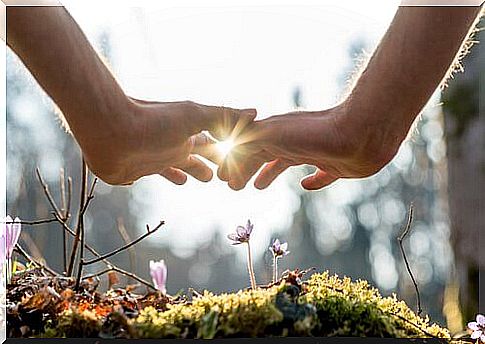
There are practices so ingrained in a culture that they do not reveal the true ethics of each one. The strength of antispeciesism is to show other healing ways of living in our environment, to avoid climate change, to bet on sustainability, contact with other living beings and respect for their passage through the earth.
Antispeciesism should not make us feel guilty, but rather push us to stop being accomplices. It should provoke a feeling of compassion for animals that can be extended to our own species.
Antispeciesism is not a new fad
If many people are aware of animal abuse and do not adopt a vegetarian or vegan way of life, it is precisely because it is not a movement that promotes “easy fashion”. They are forms of behavior that demand a daily commitment, habits that challenge an entire social network that adopts abusive practices with animals as normal, even in public celebrations.
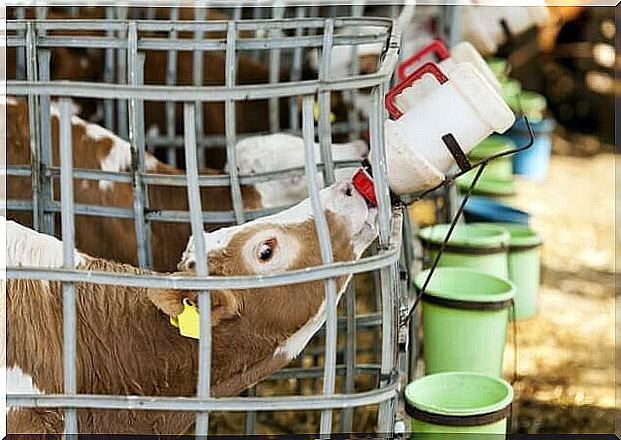
Veganism is not a fad that expands its feathers to dazzle in a moment and then be able to hide them again the rest of the day. From the moment they get up until they go to sleep, a vegan person lives with a commitment. It acts on its own. Consciousness with its own action.
Antispeciesism is not in vogue, but rather that various local movements and individual consciences are coming together through tools that they did not have before. In several of Leo Tolstoy’s writings, going through different reflections that we can already place in Greek philosophy, all these debates were already present.
Therefore, to ridicule the vegan movement is to ridicule a way of life that many people have chosen from reflection and inspired by a premise: ending any type of useless suffering is one of the highest ways of achieving our passage through this world. be better.
In this sense, we will always know that what causes pain is sometimes unavoidable, but what causes long and unnecessary suffering is unacceptable. The move from consciousness to action is also the civilized step towards something better on the part of an entire society.




